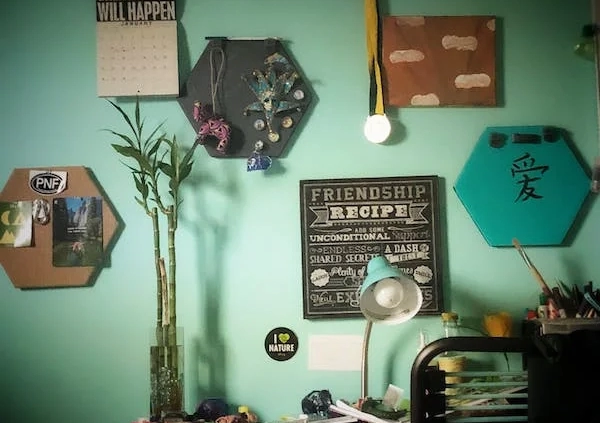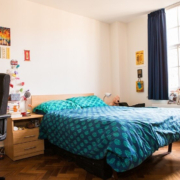London Flatshares: Respecting Others’ Belongings
In our interconnected world, where shared spaces and communal living, including London flatshares, are increasingly common, the value of respecting the belongings of others has never been more critical. Building a culture of mutual respect not only contributes to harmonious living but also nurtures a sense of community and understanding. In this blog post, we will delve into the significance of respecting others’ belongings and explore practical tips for cultivating this essential virtue.
Understanding the Importance
Respecting the belongings of others is at the core of creating a positive and inclusive living environment. It fosters a sense of trust and consideration among individuals sharing common spaces, whether it’s in a household, dormitory, or communal workspace. Recognising and honouring the boundaries associated with personal possessions is fundamental. It contributes to building strong, healthy relationships.
Building Trust and Relationships
Respect for others’ belongings is a cornerstone of building trust and positive relationships. When individuals feel confident that their personal items are safe and valued by those around them, it contributes to an atmosphere of trust and mutual understanding. This, in turn, creates a foundation for healthy social interactions and collaboration.
Creating a Harmonious Living Environment
A shared living environment, whether it’s a home or a workplace, thrives when there is a collective commitment to respecting each other’s belongings. The result is a harmonious atmosphere where individuals feel comfortable and appreciated, leading to increased well-being and overall satisfaction in the shared space.
Practical Tips for Respecting Others’ Belongings
- Communication is Key: Open and clear communication is vital for establishing expectations regarding personal belongings. Discussing boundaries and preferences helps set the groundwork for a respectful environment.
- Designated Spaces: Allocate specific areas for personal items to minimise accidental encroachments. Clearly defined spaces help individuals feel a sense of ownership and control over their belongings.
- Ask Before Borrowing: Seeking permission before borrowing or using someone else’s belongings demonstrates consideration and respect. Always ask, even if the item seems insignificant.
- Cleanliness and Order: Maintaining a clean and orderly shared space reflects respect for the environment and the belongings within it. Regular cleaning routines contribute to a positive atmosphere.
- Be Mindful of Shared Resources: In communal spaces, such as kitchens or bathrooms, being mindful of shared resources, like utensils or toiletries, ensures fair usage and prevents unnecessary conflicts.
- Report and Resolve Issues Promptly: If accidental damage or misuse occurs, report it promptly and work together to find a resolution. Addressing issues swiftly helps maintain trust and prevents minor problems from escalating.
- Set a Positive Example: Leading by example is a powerful way to influence others positively. Demonstrate the respect you wish to receive by treating others’ belongings with care and consideration.
In a world where shared living spaces are becoming increasingly prevalent, the importance of respecting others’ belongings cannot be overstated. It is a fundamental aspect of creating a positive and thriving community where individuals feel valued and secure. By understanding the significance of this virtue and implementing practical tips for its cultivation, we can contribute to a culture of respect. This enhances the quality of our shared living experiences.

















